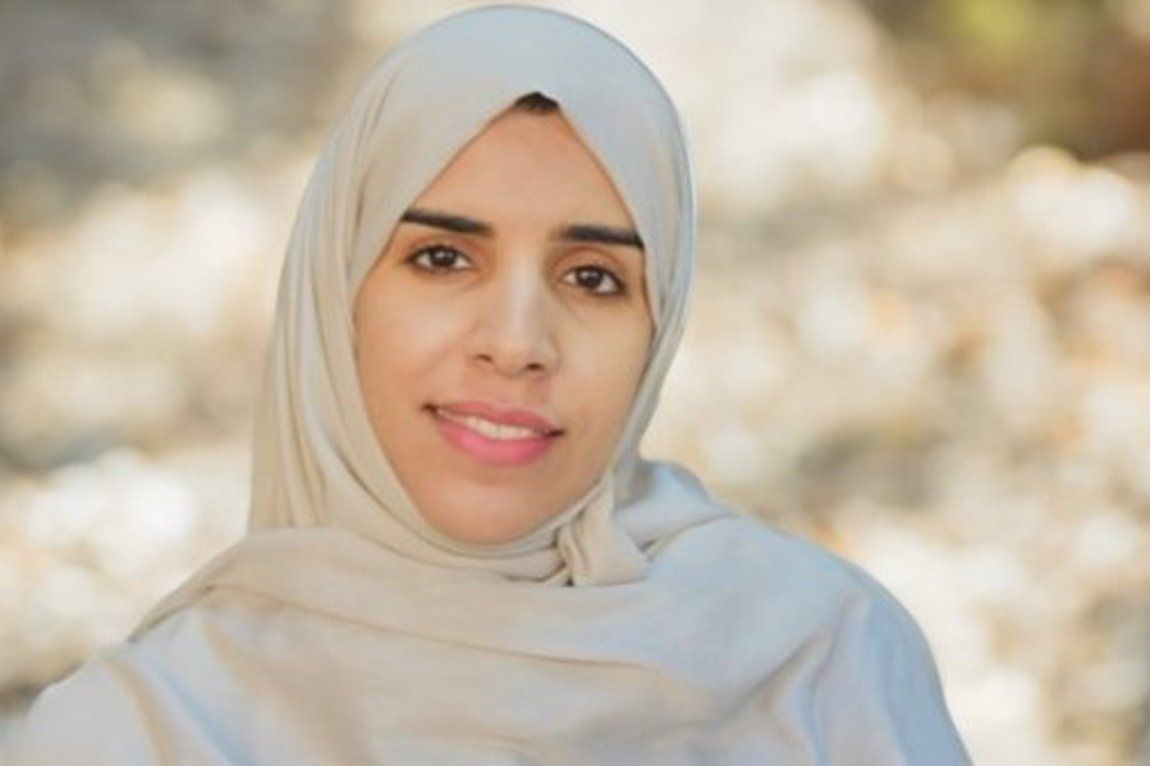Who Watches the Watchers? Rethinking Open Science Monitoring
As the open science movement gains momentum, we face a critical paradox: the very frameworks designed to promote transparency and accessibility risk perpetuating the same power imbalances they aim to dismantle. This talk explores the uncomfortable truth about how current monitoring approaches in open science often mirror colonial knowledge production patterns, with the Global North continuing to set standards and metrics for the entire scientific community.
I examine how well-intentioned monitoring frameworks can inadvertently reinforce existing hierarchies in knowledge production. While we generate volumes of "open" research about equity and inclusion, many of these efforts remain tethered to institutions that paradoxically contribute to global inequities. The talk challenges us to move beyond superficial metrics and performative inclusion, advocating instead for a decolonial approach that centres on epistemic justice and acknowledges historical power imbalances in knowledge production.
I propose shifting our focus from quantifying outputs to supporting authentic dialogue about research practices and their broader societal implications. This perspective invites us to critically examine who holds the power to define and measure "openness" in science, and how we might reimagine monitoring frameworks to truly serve the global scientific community.
